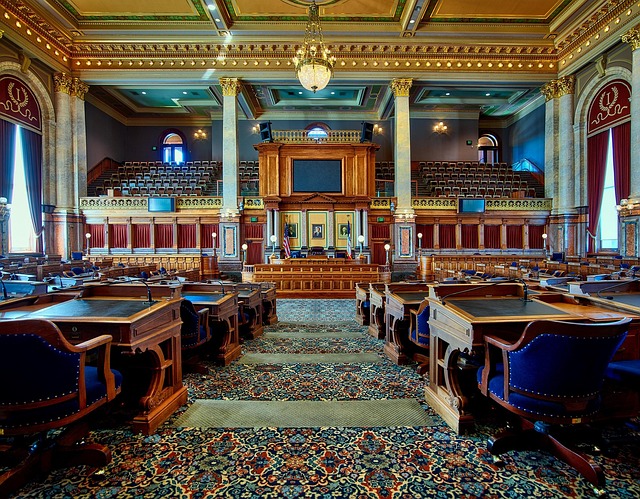West Virginia's Strict New Abortion Law

Charleston, WV – West Virginia has implemented one of the strictest abortion laws in the nation, enacting House Bill 302 in September 2022. This legislation prohibits abortions from the moment of fertilization, with very limited exceptions. The law replaced previous state code rendered unenforceable by Roe v. Wade and signifies a major policy shift after the Supreme Court's Dobbs decision returned abortion regulation authority to individual states.
Legislative Context and Rationale

The bill passed during a special session following intense debate among Republican and Democratic lawmakers. Supporters framed the legislation as fulfilling a mandate to protect unborn life now permissible after the Dobbs ruling. "With Roe overturned, the legislature has the duty to enact laws reflecting West Virginia values regarding the sanctity of life," stated a legislative leader during the debate. The focus shifted from gestational limits, like a previous 15-week proposal, to a near-complete ban reflecting the new legal landscape.
Legal Landscape and Challenges
Opponents, including reproductive rights organizations, immediately criticized the law's severity and narrow exceptions. While initial legal challenges sought to block enforcement based on conflicts with existing state laws, these were ultimately unsuccessful in preventing the ban from taking effect. Further challenges could potentially focus on the state constitution or the specific application of the law's exceptions, continuing the legal battle over abortion access in West Virginia.
Impact on Healthcare Access
The near-total ban dramatically impacts reproductive healthcare in West Virginia. Patients seeking abortion services, except under the law's narrow exceptions, must now travel significant distances out-of-state, incurring substantial costs for travel, accommodation, and lost wages. Healthcare providers argue this disproportionately harms individuals with lower incomes, those in rural areas, and minorities, potentially leading to delays in care or forcing individuals to carry unwanted pregnancies to term. "This ban creates significant barriers to essential healthcare, particularly for our most vulnerable populations," commented a West Virginia health advocate.
National Implications in the Post-Roe Era

West Virginia's law exemplifies the swift actions taken by conservative states following the Supreme Court's Dobbs v. Jackson Women's Health Organization decision, which eliminated the federal constitutional right to abortion. It highlights the emerging patchwork of state laws across the U.S., ranging from near-total bans to codified protections for abortion access. This state-by-state approach underscores the ongoing national debate over reproductive rights and the varying legal interpretations of state authority versus individual autonomy.
Further Resources
- West Virginia State Legislature Official Website (HB 302 Text)
- Center for Reproductive Rights
- Americans United for Life
